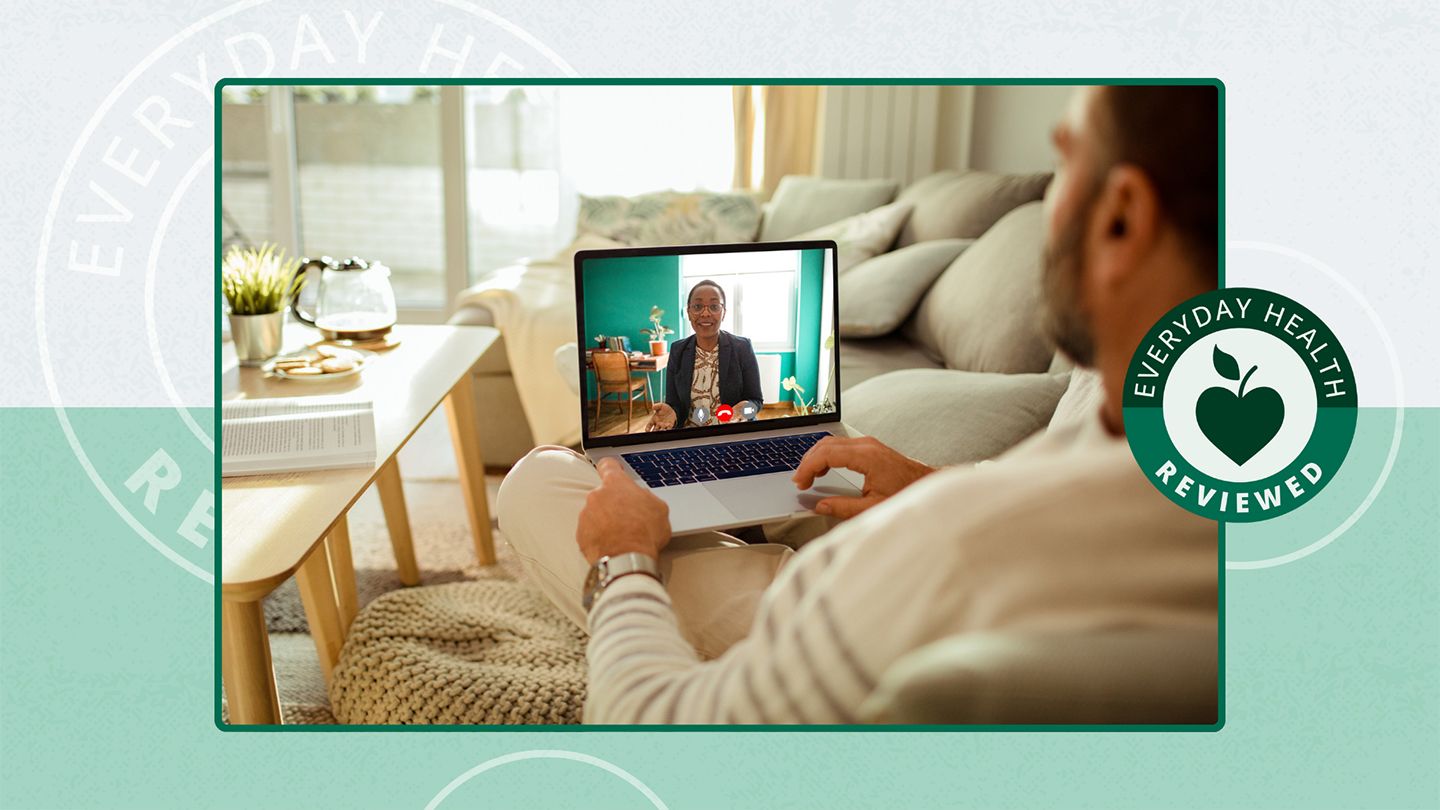Understand Your Purpose
Choosing the right online therapy service can feel overwhelming, but it all starts with understanding your specific needs. Are you looking for help with anxiety, depression, or relationship issues? Or do you need help with a more specialized issue, such as childhood trauma or OCD? Some online therapy companies focus solely on one issue, such as NOCD, which focuses on treating OCD, or The Dinner Party, which focuses on processing grief.
Identifying your main goals for therapy will help you narrow down the platforms that offer the expertise you’re looking for.
Additionally, even if the company doesn’t focus on one topic, some services allow you to filter therapists by specialization, making it easier to find someone who aligns with your goals for therapy. For instance, if you are experiencing high levels of anxiety or intrusive thoughts, a therapist trained in cognitive behavioral therapy might be the best option for you. Likewise, if you are in a specific stage of life, such as entering parenthood or retiring from a long career, you can benefit from a therapist who focuses on those life transitions.
Do Your Research
When signing up for any online therapy service, it’s essential to vet the company yourself. While it’s easy to be drawn in by flashy ads and promises of a quick fix, take the time to do a little research on the company’s history.
“An issue that concerns many therapists about online therapy platforms is that their limits of confidentiality are different from therapists in traditional settings,” says Thomasian. “Read your informed consent carefully and be wary of any provider that sells patient data.”
Consider Your Budget
Cost is another important factor to consider. Online therapy tends to be more affordable than in-person sessions, but prices can still vary significantly. Look for a service that offers transparent pricing, accepts insurance if necessary, and possibly provides a sliding scale payment option. Many platforms offer free trials or discounted initial sessions, which can help you determine if the service is a good fit before committing to it. However, don’t forget to also check their cancellation policy, in case the service isn’t right for you.
Check Patient-Provider Matching Practices
“When selecting a therapist, it’s important to consider not just convenience or cost but also the quality and alignment of the therapeutic relationship,” says Sprowl. “These companies typically do not take the time to carefully match clients with therapists who align with their specific needs, preferences, and personality. Clients often work with providers who lack the skills or insight to create meaningful therapeutic change, leading many to conclude that therapy ‘isn’t for them,’ when in reality they’ve simply been paired with a poor-quality provider” or with one who isn’t a personality match.
The relationship between therapist and client accounts for nearly 10 percent of therapy outcomes.
[23]
The importance of the therapeutic alliance doesn’t need to be sacrificed by using an online therapy platform. Some companies prioritize matching clients with a therapist who will be a good fit by using a thorough intake questionnaire or having a care coordinator meet directly with the client to better understand their needs. It can also be important to understand whether the platform makes it easy to switch therapists, in order for you to find the best fit.Don’t Forget the Details
There are a few other factors to consider when researching companies and determining which is the best fit for you, including:
- Scheduling Options Many people choose telehealth because of the flexibility it allows in scheduling their appointments. Do you need early morning, late evening, or weekend appointments to accommodate your schedule? Find a company that offers the availability you need.
- Additional Services Do you need both therapy and medication management services? Would you prefer a virtual one-stop shop for all your and your family’s physical and mental health needs? More and more telehealth platforms also offer primary care, treatment for various health conditions, and urgent care services.
- Other Resources Some telehealth platforms come with additional resources, like self-guided therapy activities, meditation practices, psychoeducation, and self-care scheduling tools. If you think you would benefit from having access to these tools, look for a platform that provides them.
No one platform is going to be a fit for everyone. It’s okay to ask questions, change providers, or cease therapy on the platform if the service it provides is not meeting your needs.
